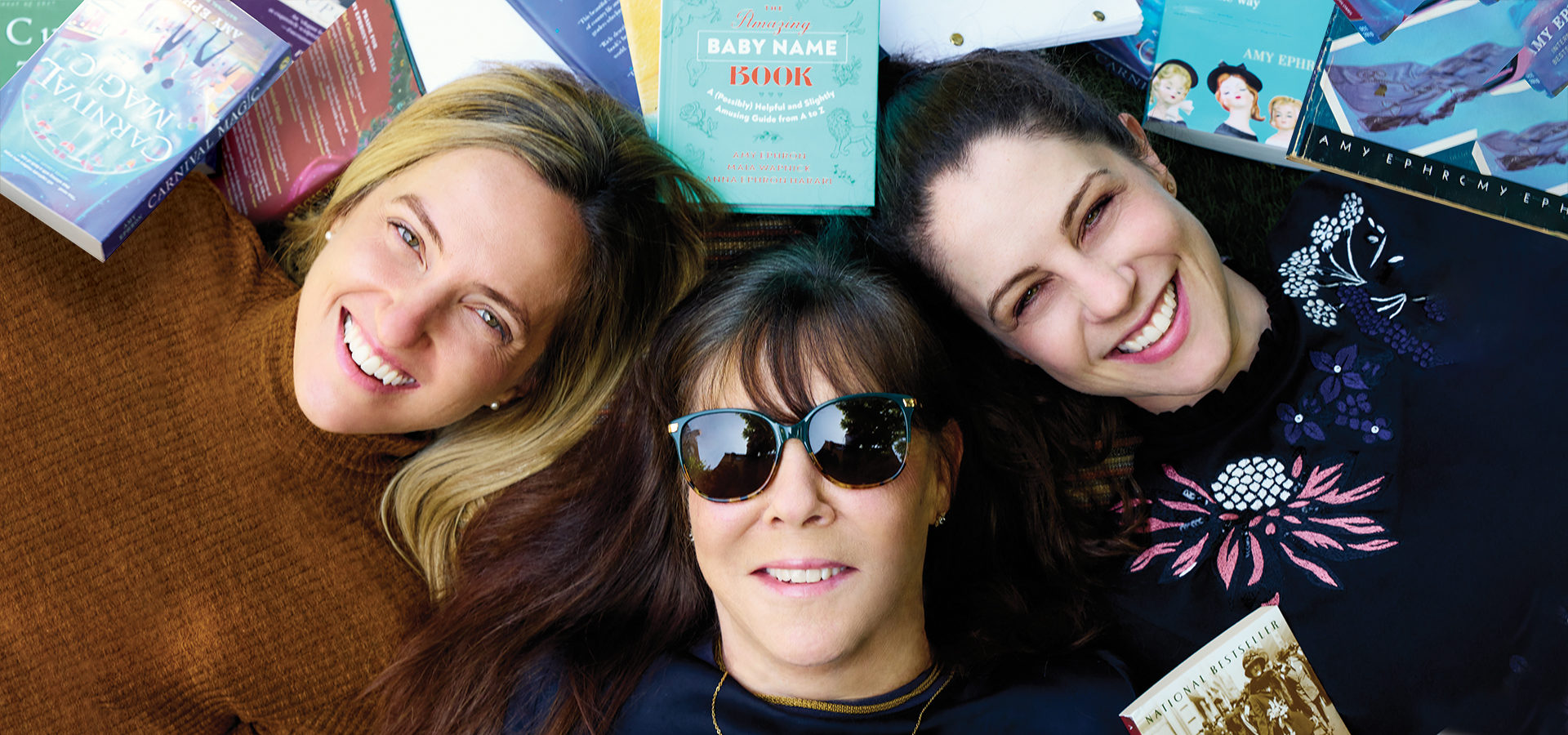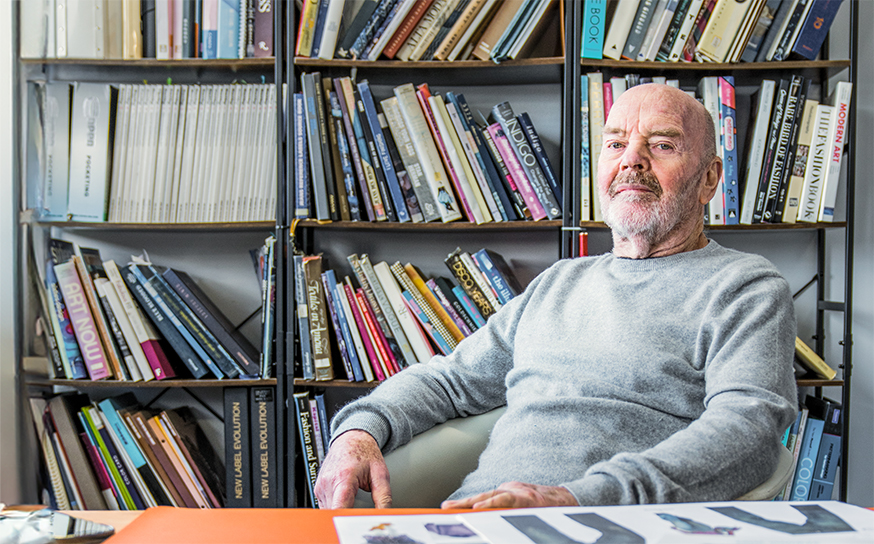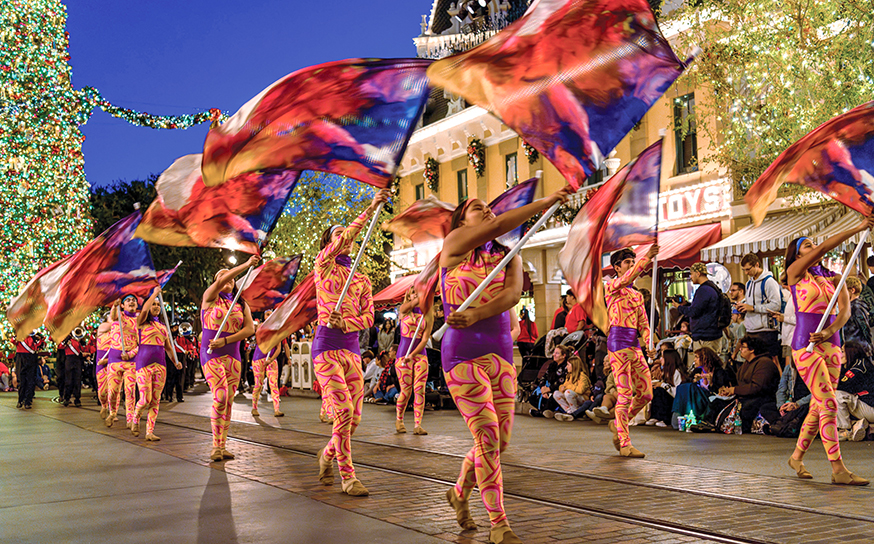The Latest Generation of Ephrons Joins Forces to Write a Book on Baby Names
They’ve got naming rites.
-
CategoryPeople
-
Written byAnne M. Russell
-
Photographed byMichael Becker
-
Family photographs courtesy ofAmy Ephron
The dynasty began with New York City natives Phoebe and Henry Ephron, playwrights who achieved screenwriting success as a team in the 1940s after moving to Los Angeles. In addition to hit movies such as Three Is a Family (1944), Daddy Long Legs (1955), and Take Her, She’s Mine (1963), they also produced four daughters: Nora, Delia, Hallie and Amy.
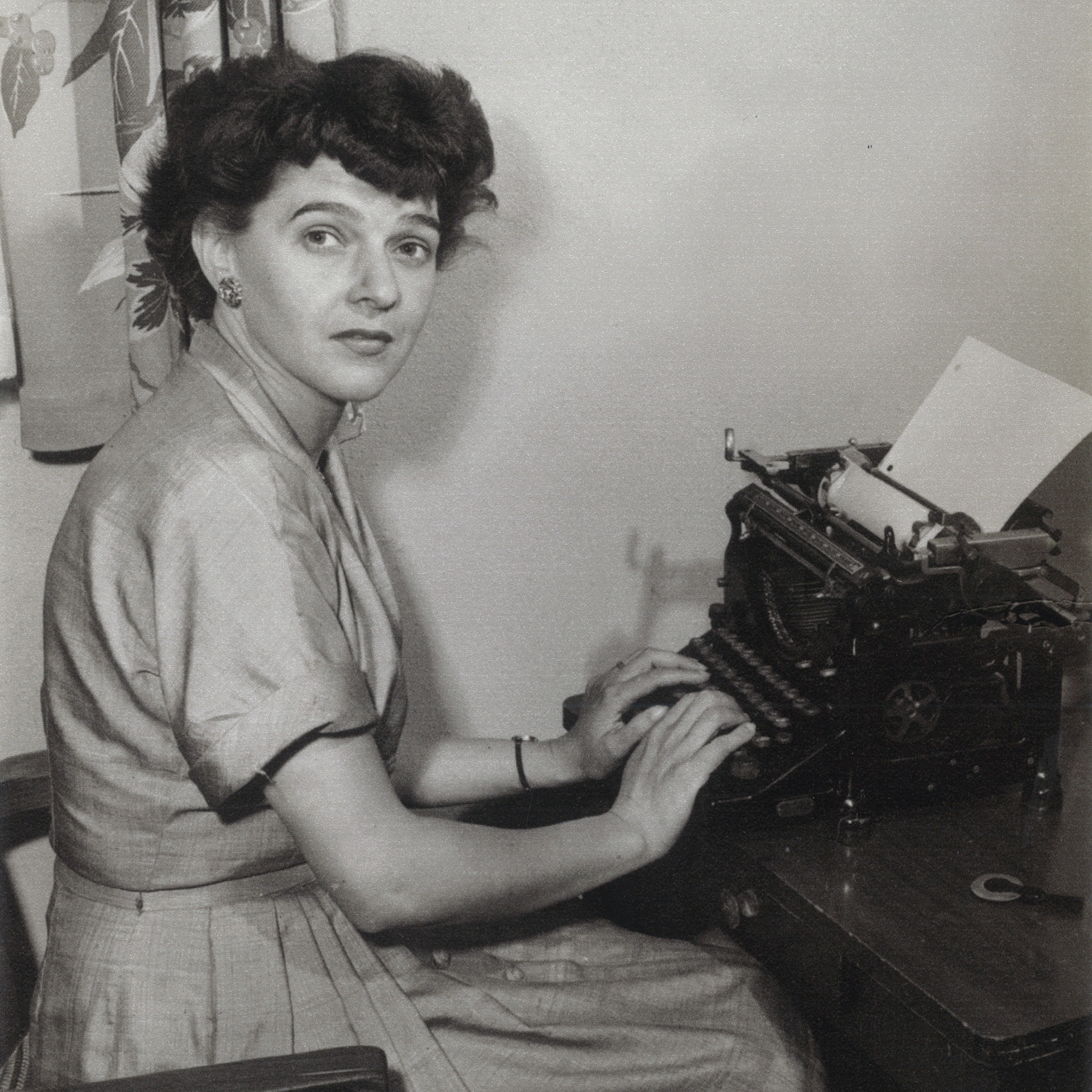
Phoebe Ephron
Nora, the oldest, who died in 2012, is the best known of the second generation of Ephrons, as a screenwriter for several blockbuster romantic comedies that include When Harry Met Sally and Sleepless in Seattle. She also wrote the screenplay for Silkwood and, with sister Delia, You’ve Got Mail. But younger sisters Hallie and Amy are also successful authors in their own right, with dozens of books to their credit, spanning genres that include essays, memoir, novels, suspense and young adult fiction. Both have written for magazines and newspapers as well, including Vogue, O, and the Los Angeles Times and New York Times magazines.
Now a third generation is blossoming. Amy’s daughters, Anna Ephron Harari and Maia Wapnick (Amy also has a son, Ethan Harari, a talent manager in LA), have teamed up with their mom to author The Amazing Baby Name Book: A (Possibly) Helpful and Slightly Amusing Guide from A to Z (September 2022). As Delia once wrote in The New York Times in an essay about the cyber theft of her own name, “My mother made a huge fuss about her daughters’ names. She bragged often that we had names that no one else had.”
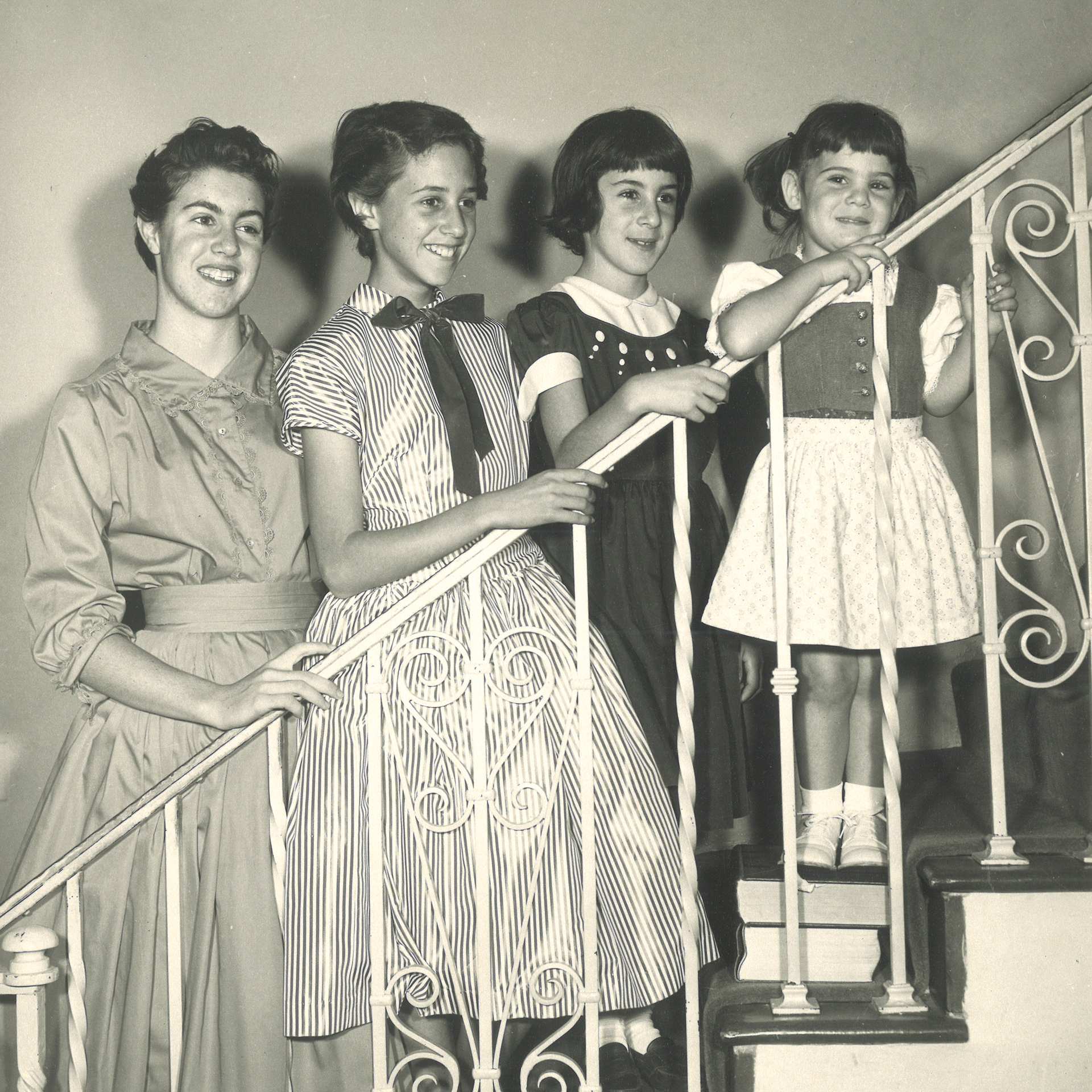
The Ephron sisters: Nora, Delia, Hallie and Amy
As you would expect in a family of self-described storytellers, Ephron origin stories vary. While Amy, who narrowly escaped being named Irene, notes in the new book, “(I) never asked if (my name) was a nod to Little Women,” her sisters believe she was indeed named after one of the protagonists of the classic Louisa May Alcott novel. (In an ironic twist, at one point in Little Women, Amy March sets fire to her sister Jo’s literary output in a fit of jealousy.)
The baby-naming guide was a joint inspiration of Amy and Maia, Amy recalls. “We suddenly came up with the idea that there were a lot of words that were worthy of being names, but had been overlooked,” she says. Adds Anna, who in preschool insisted on being called simply “Ana” with no last name, “My superhero name is ‘Sky.’”
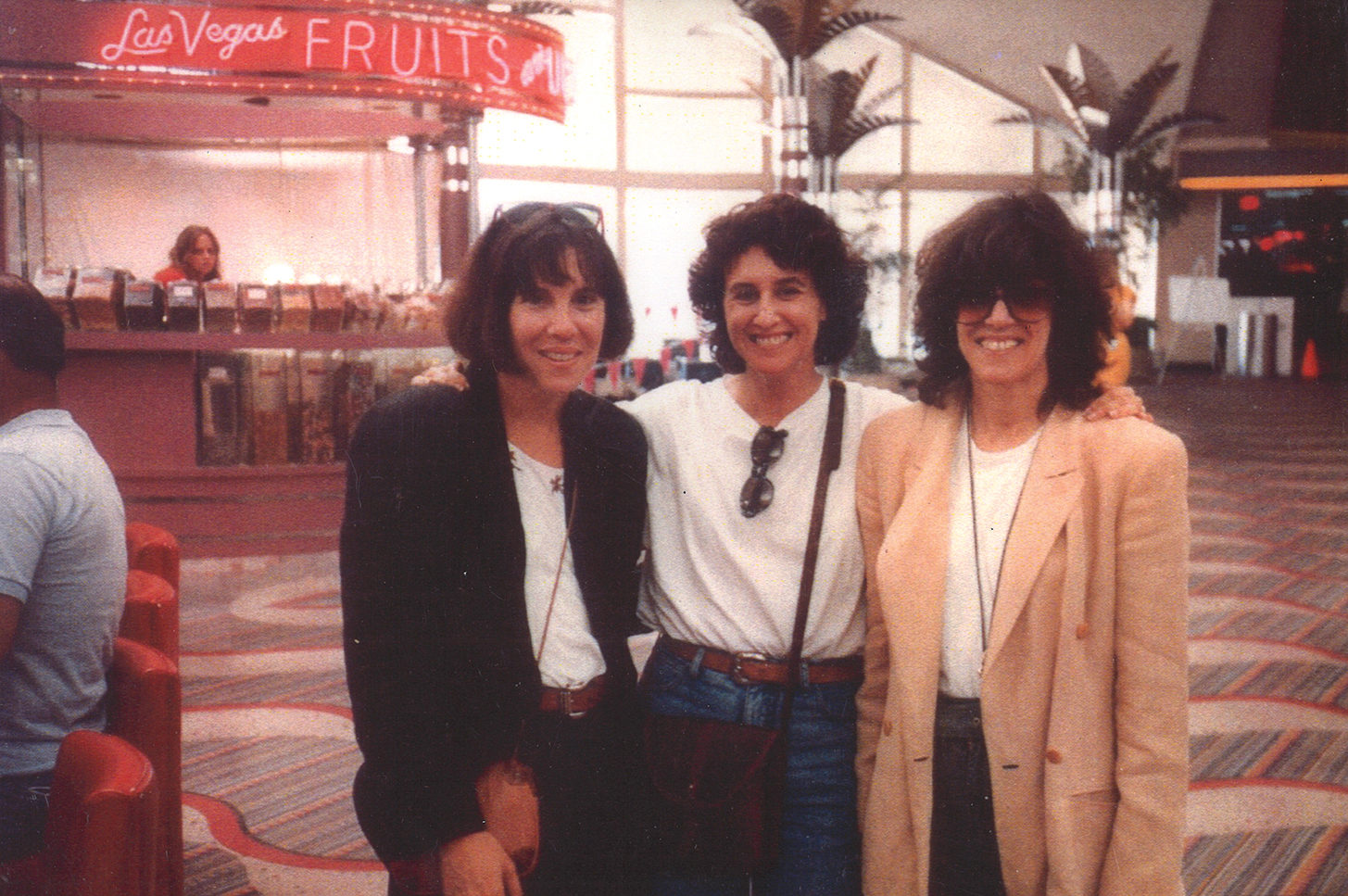
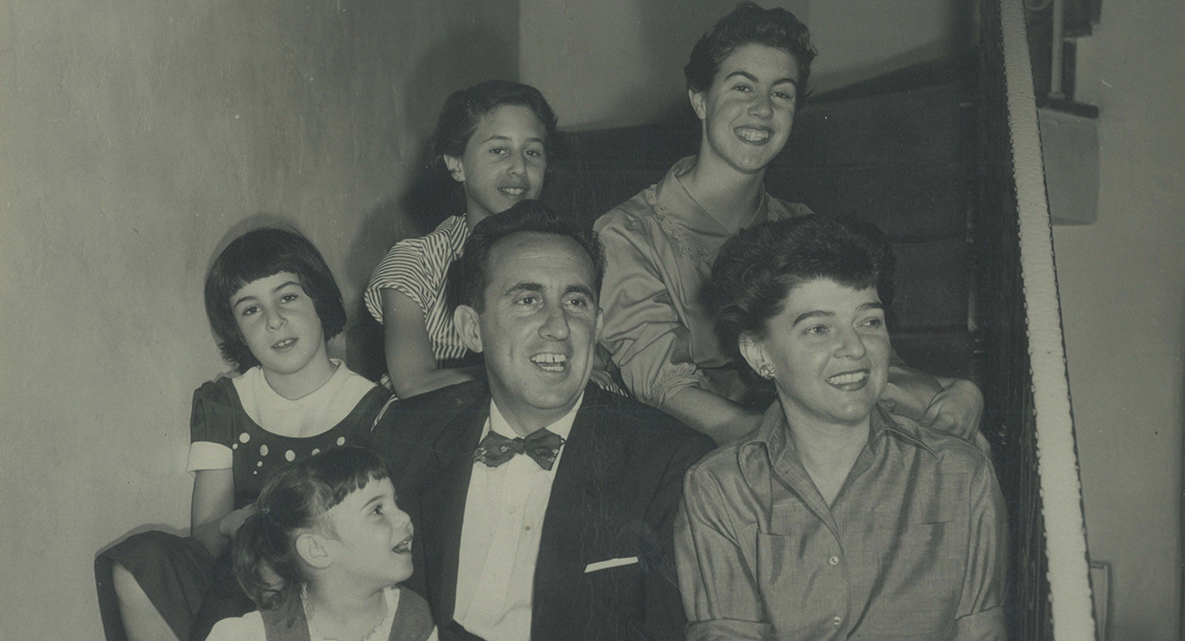
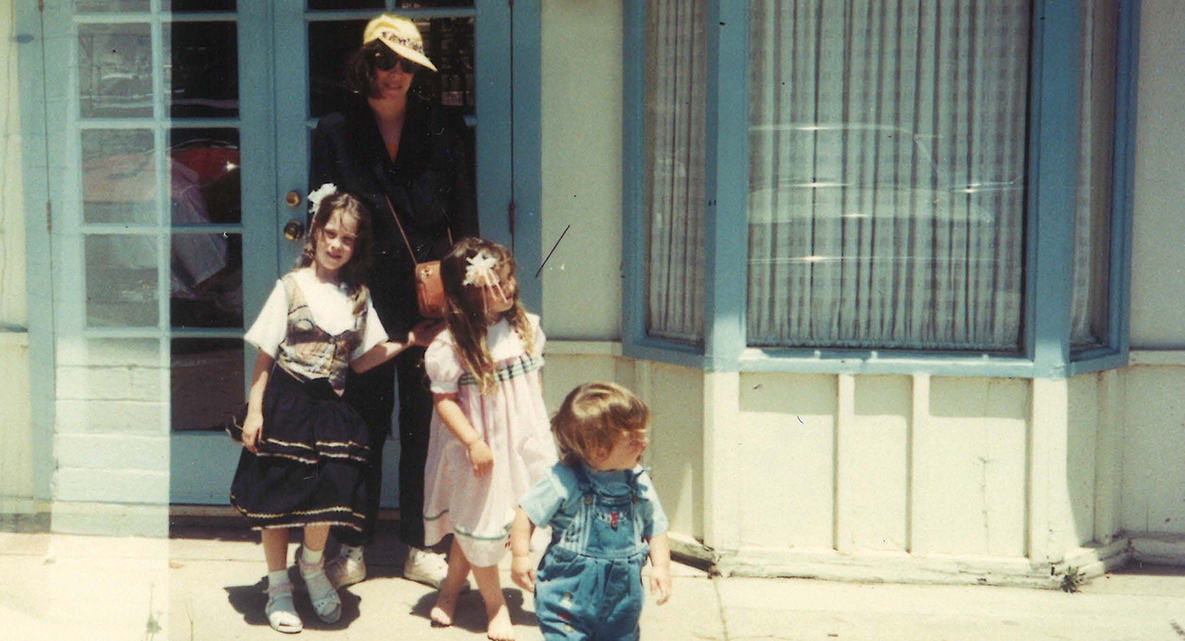
Above: Sisters Nora, Amy and Delia Ephron. The Ephron family at their home in Beverly Hills. Amy Ephron with her children, Maia, Anna and Ethan.
•••
The mom-and-daughters team deny there was any friction through the process of crafting the book, although Amy wielded veto power over her daughters’ suggestions. One of the names that Maia, a former ballerina and now a professional brand strategist and corporate-naming veteran, says she was very sad to see on the cutting-room floor was “Ikea.”
The hand-size book, with charming illustrations by Amy Bricking, eschews the traditional gender divide. Although some individual names are described as being for girls or for boys, all the names are listed together alphabetically. “A name can be for any number of genders,” says Maia. “We didn’t want to dictate that for people.” And while the primary audience for the guide is obviously parents-to-be, Anna likes the idea of its potential to help people who are reinventing themselves. “It would be cool if it were used by adults,” she says. “People choose new names for themselves for a variety of reasons.”
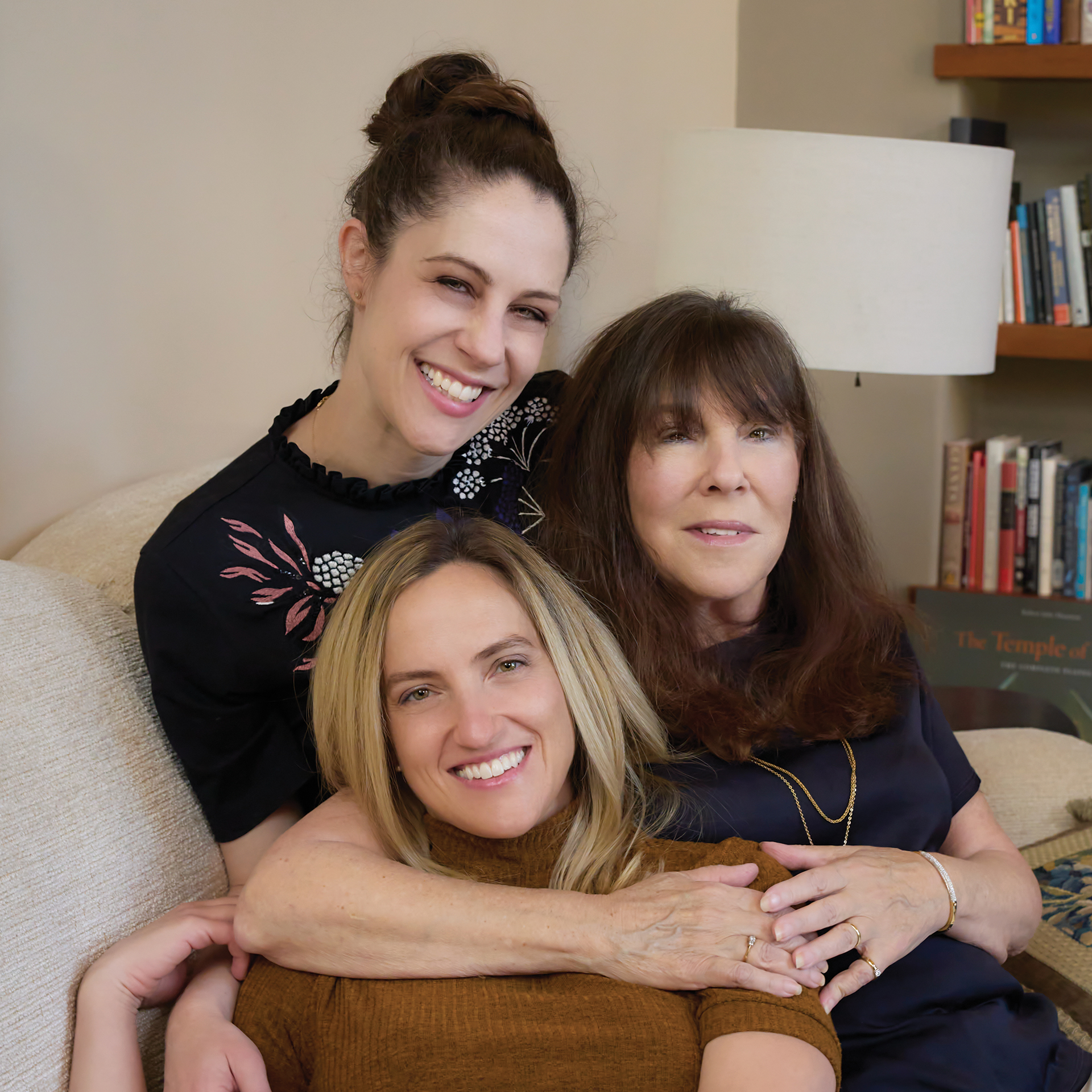
Although the wholesomeness of a mother-daughter project and the shining legacy of the clan’s literary accomplishment may paint an idyllic picture of Ephron familial bliss, there are too many confessional memoirists in the family to let that illusion stand. Hallie, who is five years older than Amy, is the most blunt in her recollections of the trauma inflicted by their parents, who were alcoholics. In an essay in O magazine, Hallie wrote, “(M)y mother drank. My father drank, too. Alcohol ignited her anger, and sometimes they fought from midnight to dawn.” As far as the relationships among the sisters went, she recalls, “(W)e were more alike than we were different—all bossy and opinionated, witty and articulate, like our mother. At dinner, a three-course event that anchored every evening at 6:30 sharp, the competition for airtime was Darwinian.”
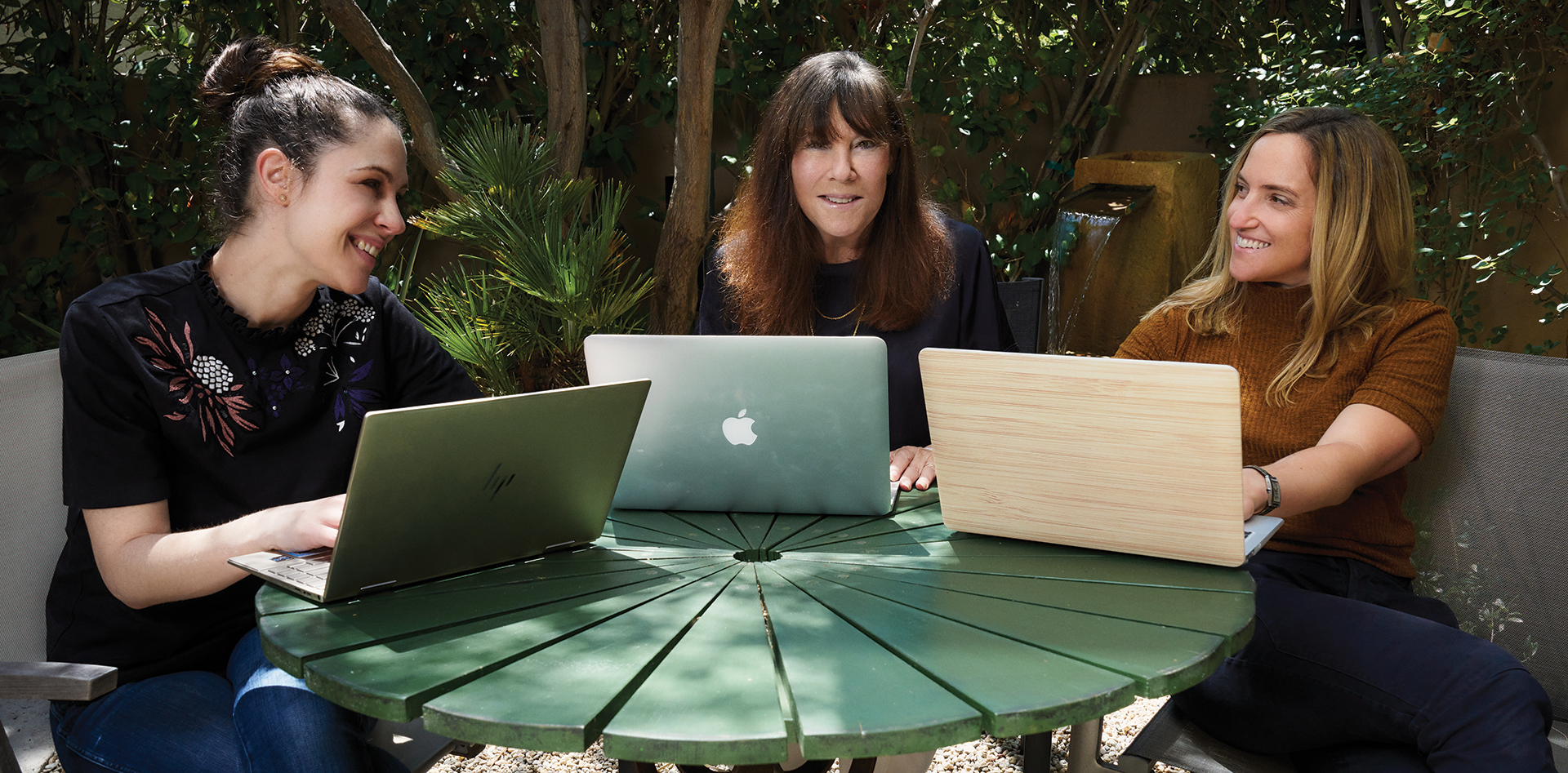
Maia Wapnick, Amy Ephron, Anna Ephron Harari
In the essay, Hallie recalls that as Phoebe lay dying of cirrhosis, her mother exhorted Hallie: “Take notes.” That advice seemingly became the watchword of all the Ephron daughters, repeating itself at the deathbed of Delia’s husband, screenwriter Jerome Kass, where he observed as he lay dying of prostate cancer, “One day you will tell this story.”
Has the unstoppable drive for storytelling reached the next generation? Yes, says Anna, who has two children and lives in Sherman Oaks. She recently left her job as a special-effects producer to write full-time. “It’s a prevalent theme in our family that whether it was happy or not, you tell the story,” she says.
Architect May Sung Comes to The Rescue on a Studio City Reno Gone Wild
In the right hands…finally!
Join the Valley Community






